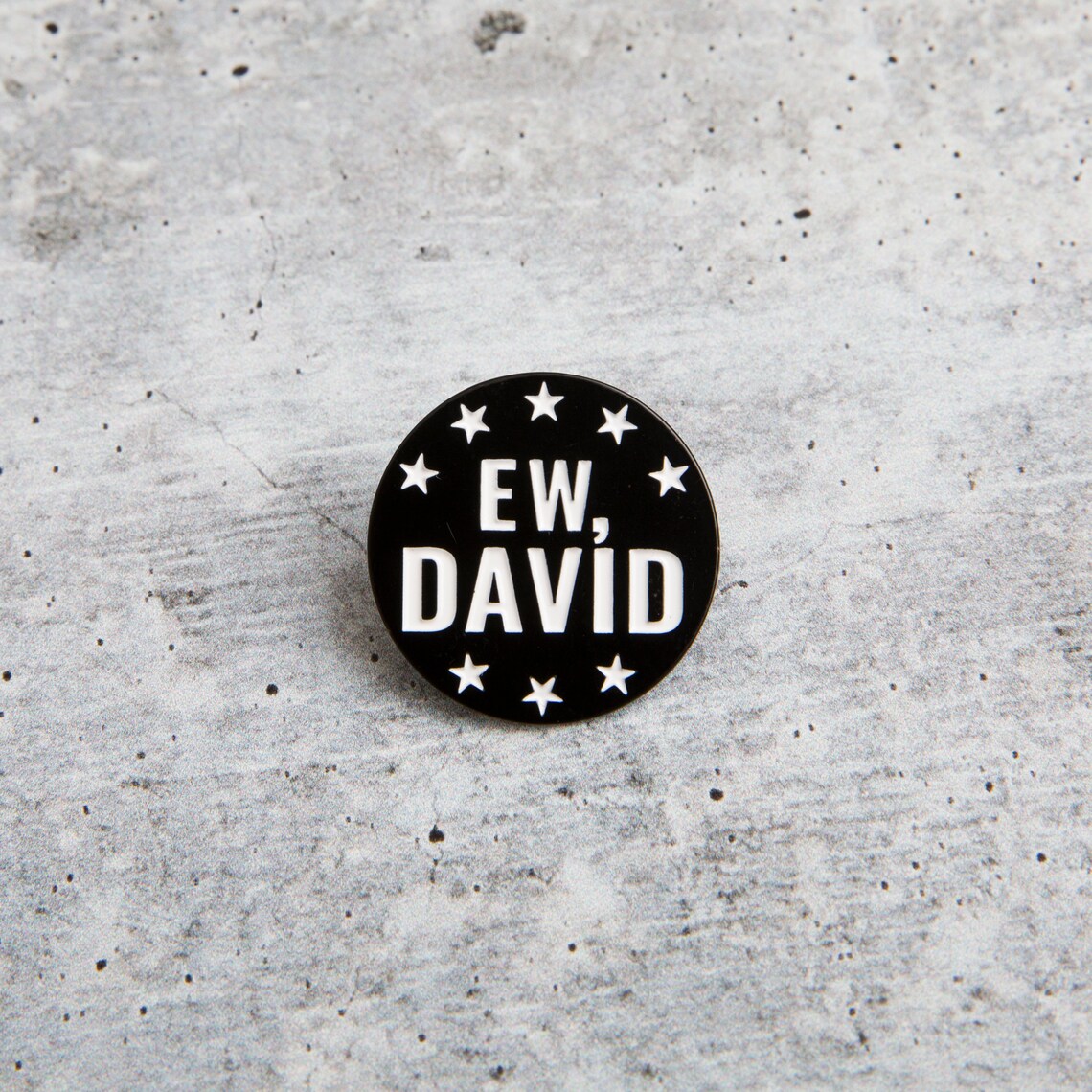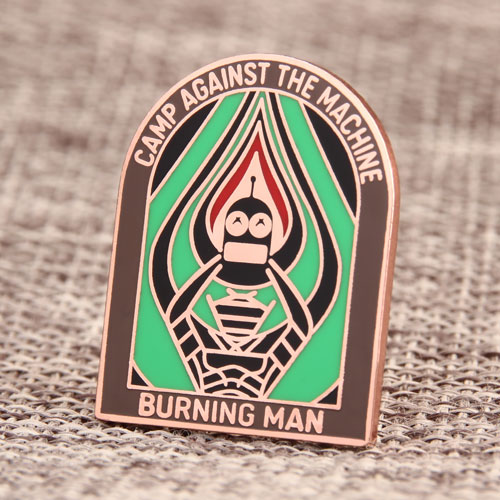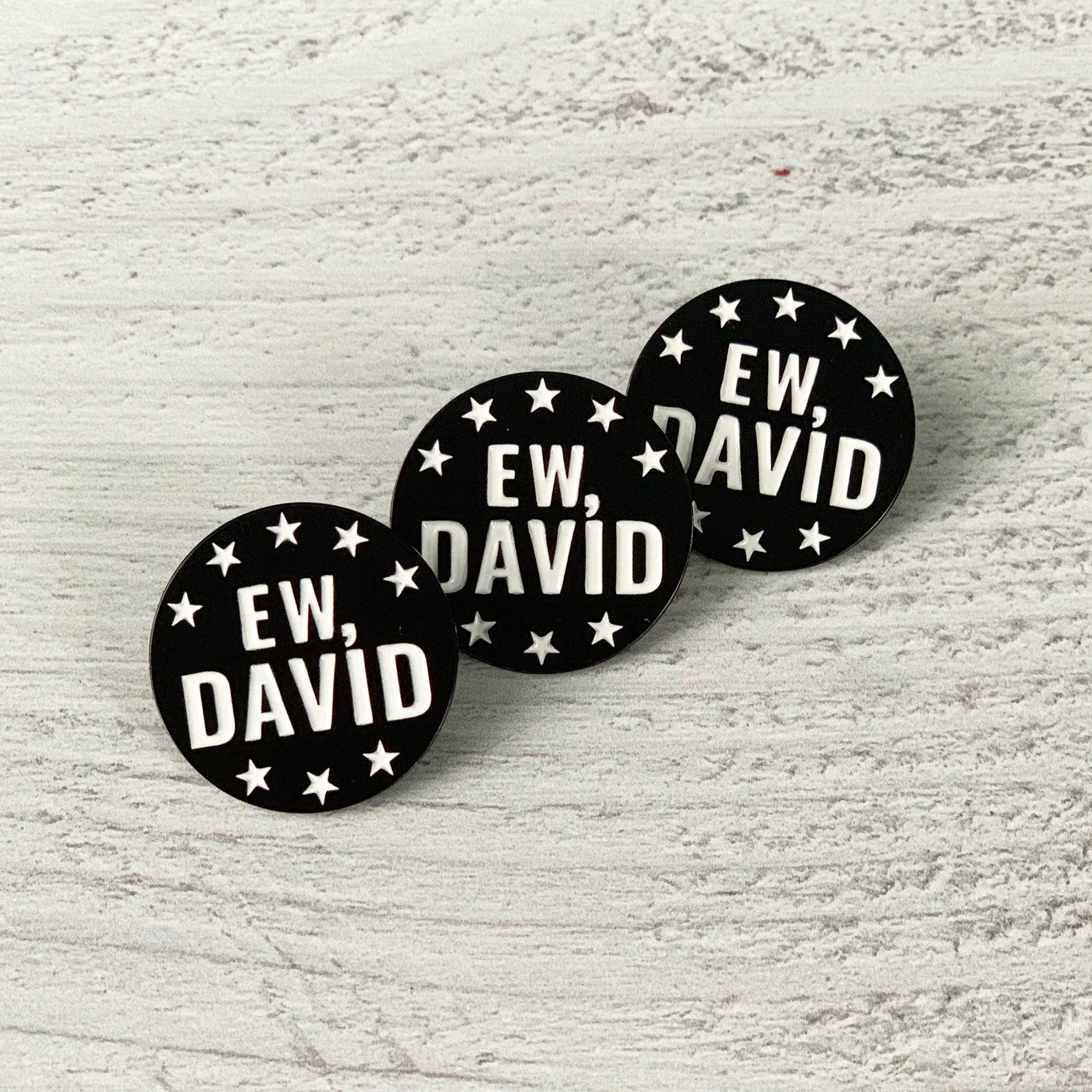Camp David Lapel Pins For Sale – The story behind the item becomes part of its value, adding an emotional dimension to its physical form. These platforms provide a convenient way for sellers to connect with potential buyers, set their prices, and arrange for shipping or pick-up. The sale process itself can be lengthy and involves multiple stages. The concept of a circular economy, where products are reused and repurposed instead of discarded, is central to the appeal of second-hand goods. We start to treat people as commodities, too — as means to an end, as tools for achieving personal success or social status. For those who are passionate about antiques, art, and memorabilia, the second-hand market offers endless possibilities for finding unique and valuable items that can be passed down through generations or added to a collection. Unlike mass-produced items that may become outdated or fall apart with minimal use, quality products are designed to endure. In some cases, a business may look profitable but may be hiding significant underlying issues, such as declining sales, ineffective marketing strategies, or employee dissatisfaction. However, there’s also an argument to be made that, over time, quality goods are often more economical in the long run. By purchasing second-hand items, consumers can help reduce the demand for new products, thereby lessening the environmental impact associated with manufacturing and shipping. This is especially true in a world dominated by fast fashion, disposable electronics, and mass-produced products. These moments remind us that there is more to life than the pursuit of profit, and that not everything can be measured by a price tag. People are rediscovering the value of items that have been made by hand, with care and skill, as opposed to the impersonal, assembly-line products that dominate the marketplace. The culture of buying second-hand goods is rapidly shifting in the modern world, particularly among younger generations. It’s a world where even personal growth, self-actualization, and emotional healing are framed as commodities, available for purchase at any time, but only if you’re willing to pay the price. In the realm of real estate, for instance, selling a house is often an emotional and logistical challenge. While the sale of a business can provide a valuable opportunity for both parties involved, it also carries risks. In both cases, there’s a sense of vulnerability. When a business is put up for sale, it is typically the result of a variety of reasons, each unique to the situation at hand. The notion suggests a world where anything and everything, regardless of its intrinsic value, can be bought, sold, or traded.

Israeli Star of David Lapel Pin Jewish Magen Israel Israel Pins
Create more loyaltyfree professional designfree shipping

Israeli Star of David Lapel Pin Jewish Magen
Create more loyaltyfree professional designfree shipping

Camp David Lapel Pin
Create more loyaltyfree professional designfree shipping

Israel Star Of David Lapel Pin eBay
Create more loyaltyfree professional designfree shipping

For Wales & Saint David Lapel Pin Military Remembrance Pins
Create more loyaltyfree professional designfree shipping

EW DAVID Lapel Pin Etsy
Create more loyaltyfree professional designfree shipping

Lapel pins Camp custom lapel pins enamel lapel pins
Create more loyaltyfree professional designfree shipping

Israel Star of David Lapel Pins —
Create more loyaltyfree professional designfree shipping

Israel Star Of David Lapel Pin eBay
Create more loyaltyfree professional designfree shipping

EW DAVID Lapel Pin Etsy
Create more loyaltyfree professional designfree shipping
It’s about change, opportunity, and the negotiation of value. They are intended to last for a limited amount of time, after which they become outdated, broken, or no longer functional. These goods, ranging from clothing to furniture, electronics to books, offer people the chance to find items they need or want at a fraction of the cost of new products. These platforms often provide tools that help streamline the due diligence process, including access to financial documents, business valuations, and other relevant data. Whether it's old furniture that no longer fits with their style, clothing that no longer fits, or electronics they no longer use, selling second-hand items allows individuals to recoup some of the money they spent on these goods. One of the key defining features of quality goods for sale is their ability to stand the test of time. Books, records, and collectibles are also highly sought after in the second-hand market. Whether it’s vintage clothing, antique furniture, or used luxury watches, second-hand goods offer an opportunity for buyers to find quality items that are no longer available in stores. Quality products often come with warranties and customer service support, offering peace of mind to consumers who are investing in something that will serve them well over time. A house can be bought, a car can be sold, a watch can be pawned. The sale agreement will include details about the purchase price, payment terms, assets being transferred, and any contingencies that may apply. The truth is that the idea of quality is deeply rooted in the philosophy of craftsmanship, heritage, and trust, which explains why certain items, often categorized as quality goods, tend to be prized more than others, even when they may come with a higher price tag. The growing interest in second-hand goods can also be attributed to shifting cultural attitudes toward consumption. Conversely, periods of economic growth may lead to more businesses being sold due to increased valuations and higher demand. This connection between consumers and the creators of quality goods is something that’s been fostered for centuries. From online platforms to local thrift stores, second-hand goods offer an opportunity for consumers to access unique products, save money, and reduce their environmental footprint. In this digital age, it often feels like there’s no such thing as privacy anymore, and that’s because we’ve essentially agreed to sell pieces of ourselves in exchange for recognition, affirmation, or even money. For the buyer, a car offers freedom, mobility, and a chance to create their own story on the road. Many buyers are drawn to industries where they already have experience, while others may seek a business in an entirely new field in order to diversify their portfolio. The rise of online platforms dedicated to the sale of second-hand goods has also played a significant role in the growing popularity of pre-owned items.
A person might sell a beloved possession to fund an important life change, such as starting a business, moving to a new city, or pursuing a dream. They are intended to last for a limited amount of time, after which they become outdated, broken, or no longer functional. The notion suggests a world where anything and everything, regardless of its intrinsic value, can be bought, sold, or traded. When people choose quality goods, they are choosing longevity over convenience, enduring craftsmanship over temporary trends, and often, a timeless aesthetic over what is in vogue today. Websites and apps like eBay, Craigslist, Facebook Marketplace, and Poshmark have made it easier than ever to find second-hand goods for sale, offering a wider selection and more convenience than traditional brick-and-mortar stores. Buyers can often filter search results by price, condition, and location, making it easier to find the best deals. For the seller, the goal is often to maximize the value of the business, which requires a clear understanding of the company’s assets, liabilities, and future earning potential. For those who enjoy the tactile experience of shopping and the sense of discovery that comes with it, thrift stores offer a personal and immersive way to shop for second-hand items. In both cases, there’s a sense of vulnerability. These platforms provide a convenient way for sellers to connect with potential buyers, set their prices, and arrange for shipping or pick-up. The sale process itself can be lengthy and involves multiple stages. This shift in mindset has contributed to a growing acceptance and even celebration of second-hand shopping, making it a mainstream activity that is not just about saving money but about making more thoughtful and responsible choices. Even in a marketplace where everything is commodified, there is still room for those moments and experiences that transcend value. This leads to the accumulation of waste that ends up in landfills, contributing to pollution and the depletion of valuable resources. Online platforms also give buyers and sellers the chance to evaluate one another through reviews and ratings, adding an extra layer of trust and security to the transaction. Business brokers play a key role in facilitating the transaction by acting as intermediaries between the buyer and seller. From the most trivial items in a dollar store to the most precious works of art in a museum, everything can be assigned a price. When people buy second-hand items, they are extending the life cycle of those goods, which means fewer products end up in the trash. Additionally, second-hand furniture allows buyers to find unique items that may not be available in traditional furniture stores. Millennials and Gen Z, in particular, have embraced the idea of second-hand shopping as a way to challenge consumerism, reduce waste, and express their individuality.